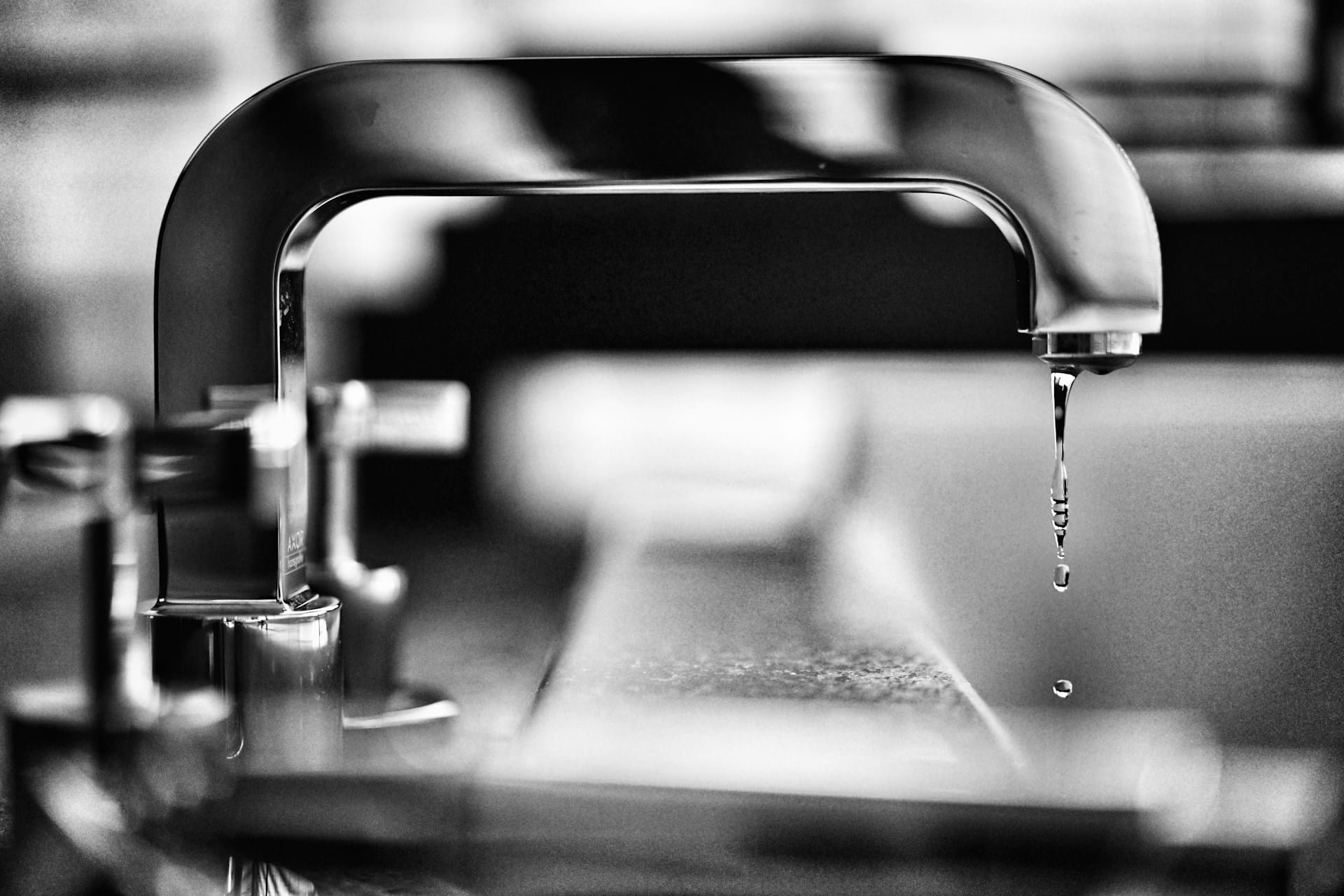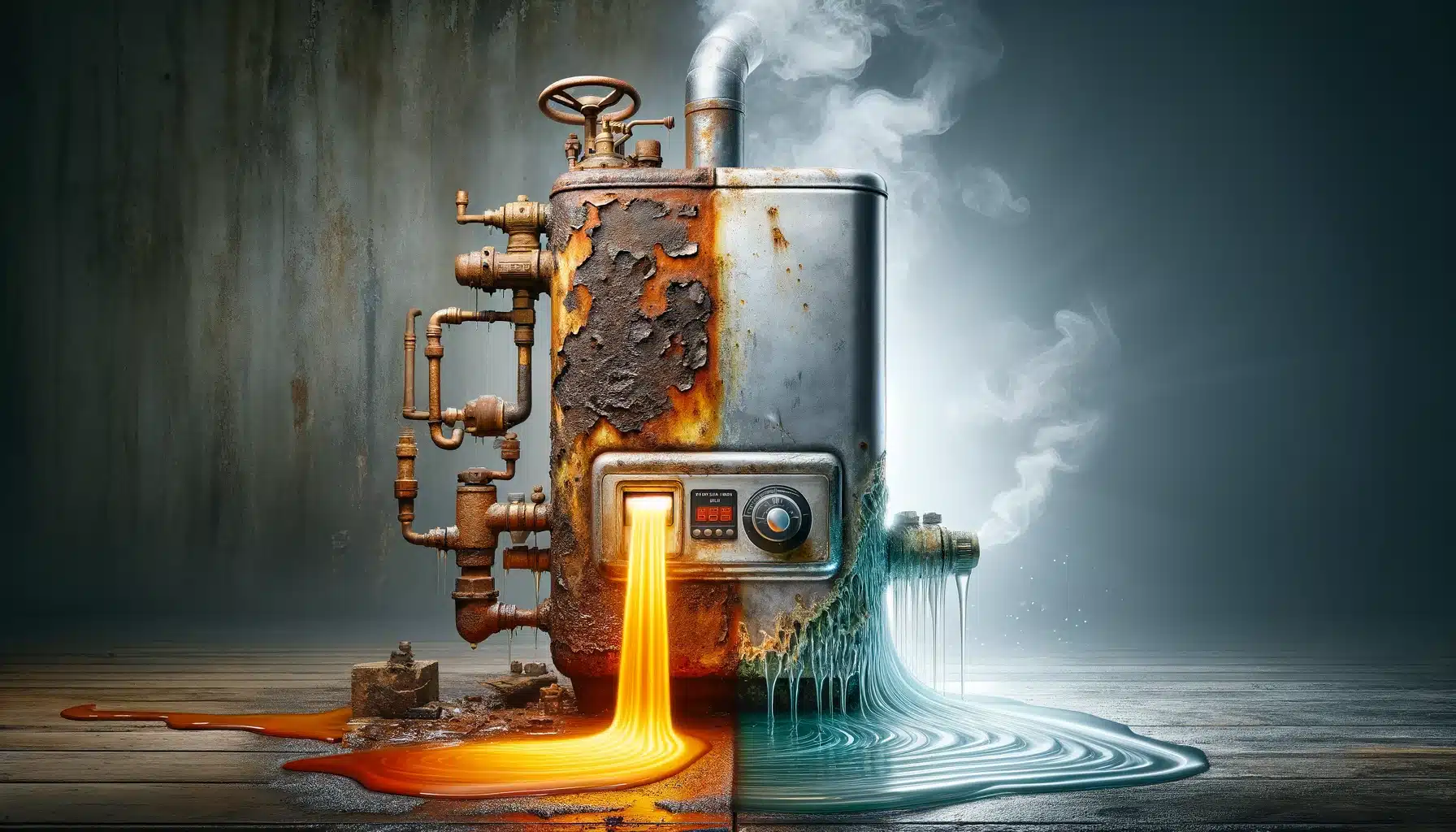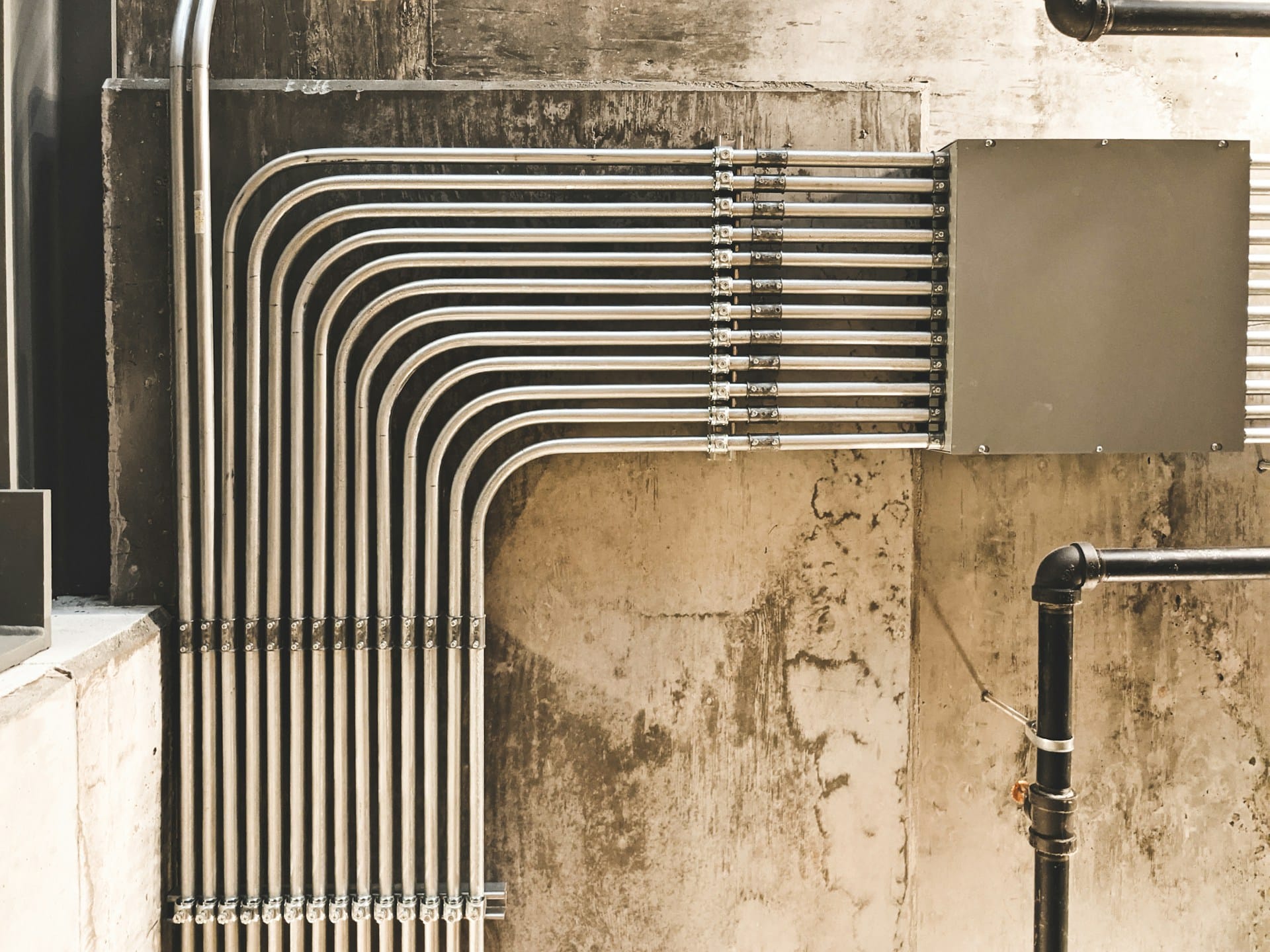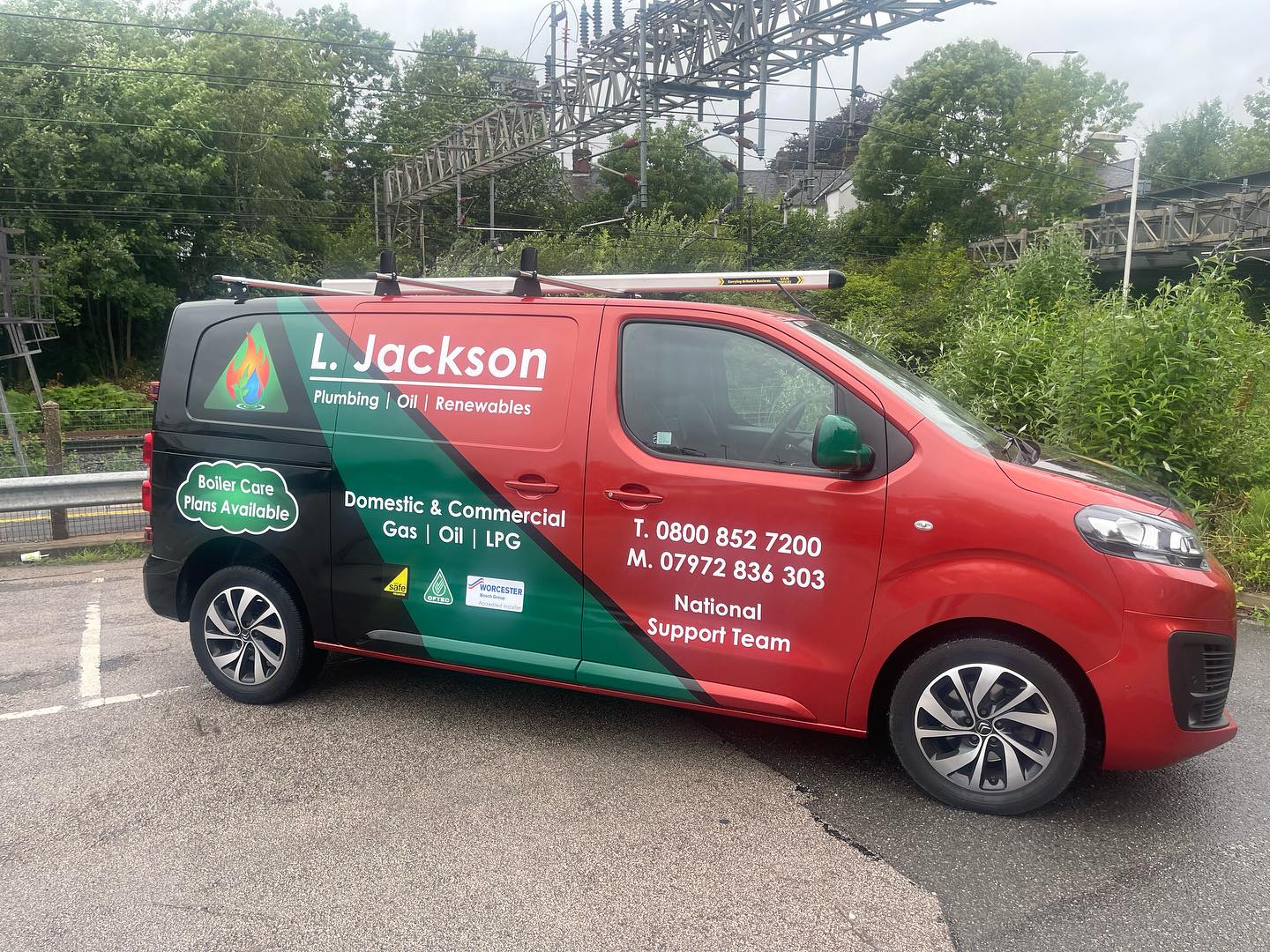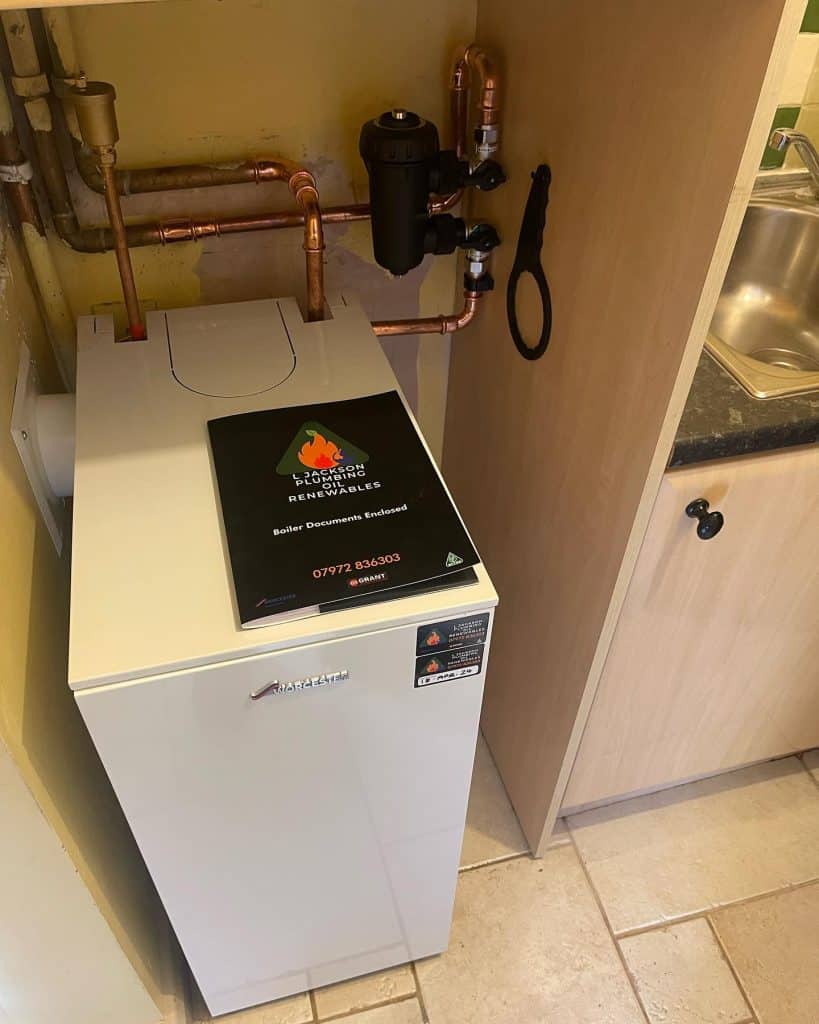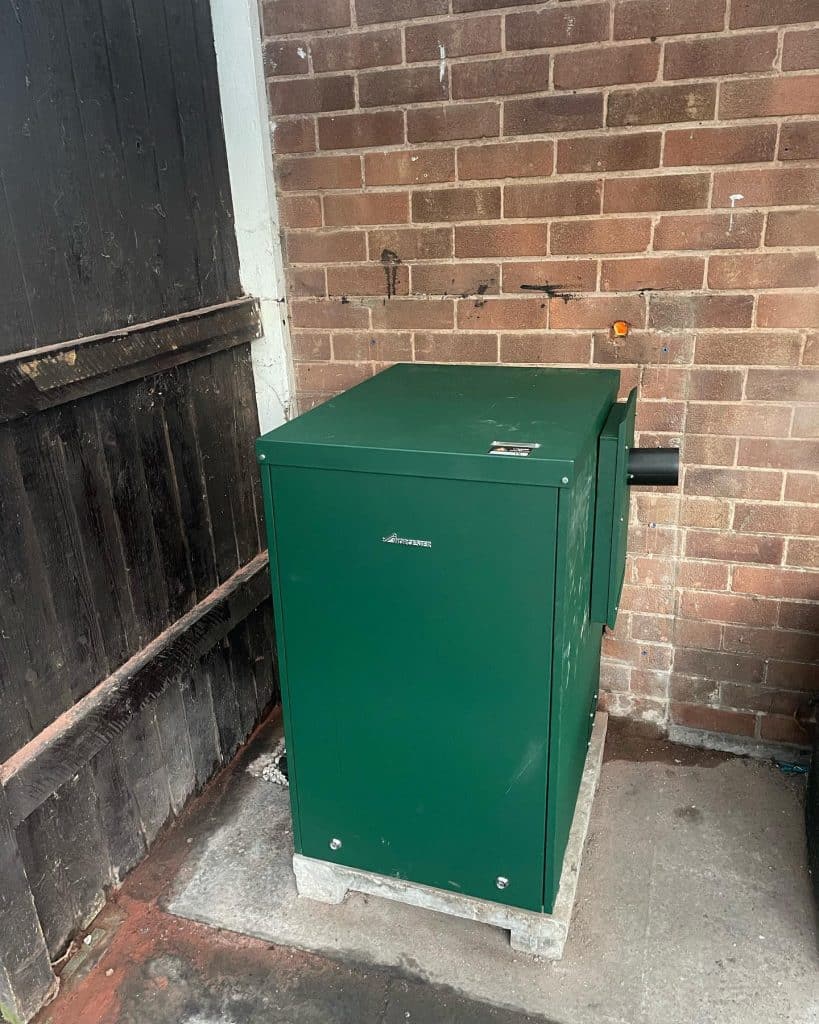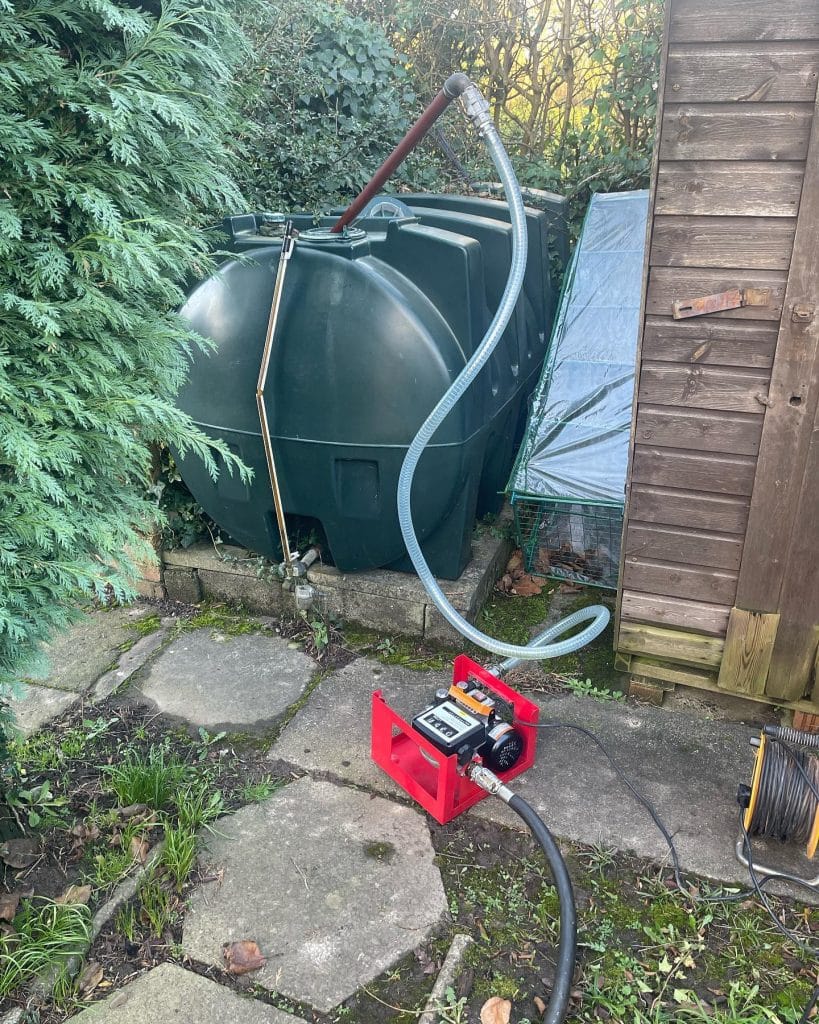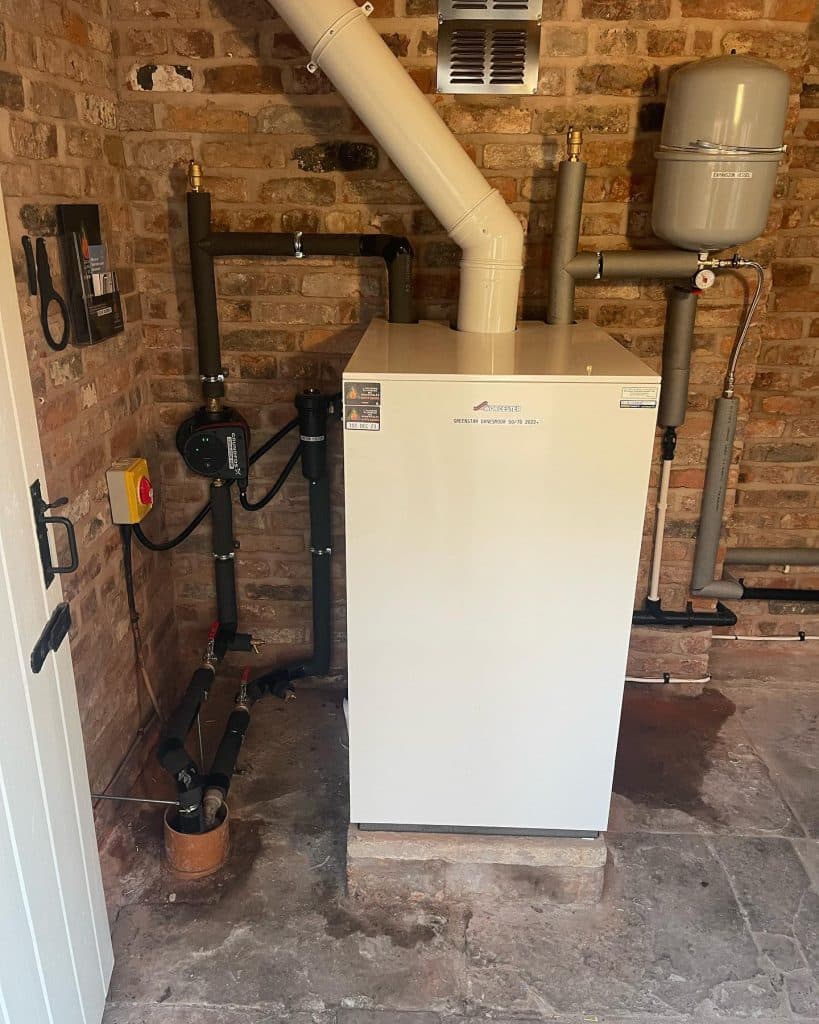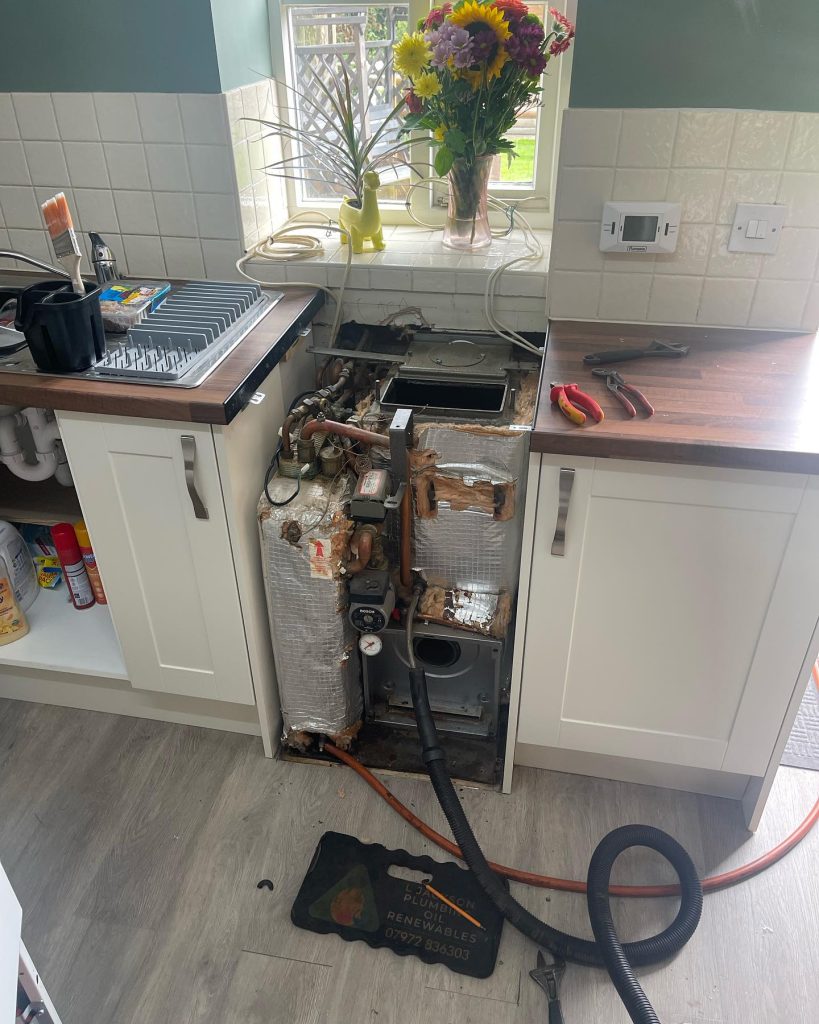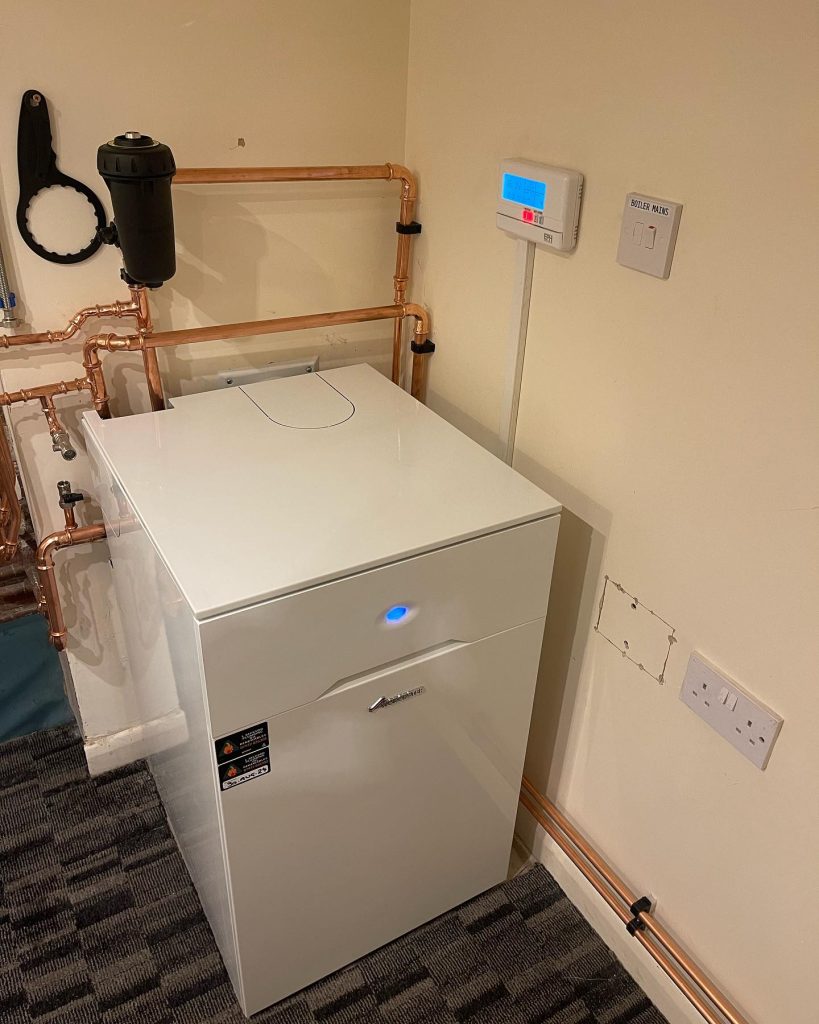When faced with the frustrating situation of having hot water, but no heating, it’s like having a fireplace without the comforting warmth it should provide.
The underlying causes could range from simple thermostat misconfigurations to more complex boiler malfunctions. Understanding the intricacies of your heating system can help unravel this mystery and restore the cozy warmth you crave.
Let’s explore some insightful tips and practical solutions to tackle this common household conundrum.
Key Takeaways
- Check diverter valve for malfunction to ensure proper hot water and heating distribution.
- Verify central heating settings and adjust flow temperature within 60-70°C for optimal performance.
- Maintain boiler pressure between 1-2 bars, bleed radiators, and consult manual for troubleshooting persistent issues.
- Seek professional help from Gas Safe engineers for thorough diagnosis and repair of heating problems.
Common Reasons for Hot Water, No Heating
When facing the issue of hot water working but no heating, one common culprit to consider is problems with the diverter valve in combi boilers. The diverter valve is a crucial component that directs the flow of hot water either to the taps for domestic hot water or to the central heating system for space heating. If the diverter valve malfunctions, it may fail to switch the flow of hot water to the central heating system, resulting in hot water without heating.
A stuck diverter valve, for example, can disrupt the circulation of hot water to the radiators, preventing the central heating from functioning properly.
Diagnosing and repairing diverter valve issues require precision and expertise. It’s essential to consult a Gas Safe registered engineer to efficiently address any problems with the diverter valve in combi boilers. By ensuring the proper functioning of the diverter valve, you can restore the flow of hot water to the central heating system, thereby resolving the issue of having hot water but no heating.
Troubleshooting Central Heating Settings
Checking and adjusting the central heating settings on your boiler interface is essential for troubleshooting any issues related to heating performance. To begin, ensure that the central heating system is turned on and not being controlled by a timer.
Next, check the flow temperature setting, as it should ideally be between 60 and 70°C for optimal heating efficiency. Setting the flow temperature too low can result in inadequate heating output throughout your home. Conversely, setting it too high can lead to excessive energy consumption without a significant increase in heating performance.
It’s crucial to remember that faulty central heating settings can be the root cause of having hot water but no heating. By meticulously reviewing and fine-tuning these settings, you can often resolve heating issues and restore comfort to your living space efficiently.
Dealing With Boiler Problems
To ensure efficient heating, addressing boiler problems is crucial for maintaining a comfortable living environment. Start by checking the boiler pressure gauge, aiming for it to read between 1 and 2 bars, as incorrect pressure can lead to heating issues.
It’s essential to verify that the thermostat settings align with the desired temperature for heating. If the heating is still not functioning correctly, consult the boiler manual for guidance on resetting it to restore proper operation.
Keep in mind that problems with the diverter valve, especially in combi boilers, can impact both hot water and heating. In such cases, seeking assistance from Gas Safe registered engineers is advisable for accurate diagnosis and repair.
Fixing Broken Diverter Valves
Inspecting a malfunctioning diverter valve requires careful attention to its crucial role in controlling the distribution of hot water within a combi boiler system. Diverter valves are responsible for directing hot water to either the central heating system or taps/showers.
When a diverter valve breaks, it can lead to a situation where hot water is available, but the heating doesn’t work as expected. Due to the intricate internal components of diverter valves, repairing or replacing them should be left to professionals.
These faults can disrupt the balance between hot water and central heating functions, causing inconvenience and discomfort. Regular maintenance is key to preventing such issues and ensuring efficient heating and hot water supply.
Prompt repair of diverter valves is essential to avoid further complications and maintain the proper functioning of the combi boiler system. Remember, a well-maintained diverter valve is crucial for optimal performance and comfort in your heating system.
Solutions for Persistent Heating Issues
When troubleshooting persistent heating issues, it’s crucial to meticulously review the thermostat settings to ensure they’re correctly configured for optimal performance. Check that the settings are appropriate for both hot water and heating to avoid potential discrepancies.
Additionally, verify the boiler pressure to guarantee it falls within the recommended range, as inadequate pressure can hinder central heating functionality. Consider bleeding the radiators to release any trapped air that might be impeding heating efficiency, allowing for better heat circulation throughout the system.
Consulting the boiler manual can offer valuable insights into adjusting settings and troubleshooting common heating problems. However, if issues persist despite these measures, it’s advisable to seek professional help. Contacting a Gas Safe registered heating engineer will ensure a thorough diagnosis of the problem and expert repairs to restore your heating system to optimal working condition.
Conclusion
In conclusion, when facing the frustrating situation of having hot water but no heating, it’s important to troubleshoot common issues such as thermostat settings, boiler pressure, and diverter valve problems.
Seeking professional assistance from Gas Safe registered heating engineers can help diagnose and fix any underlying heating issues effectively.
By addressing these potential problems promptly, you can ensure your home stays warm and comfortable during colder months.

